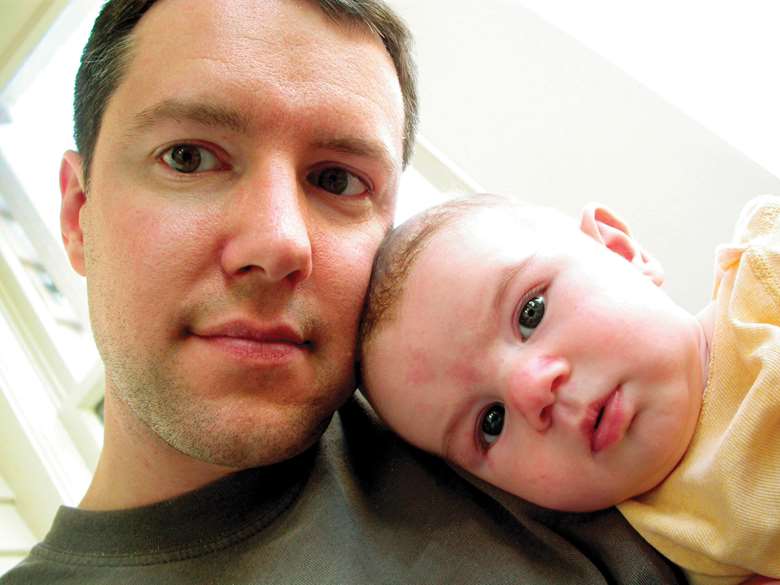Skills for the Job: Engaging fathers in children's lives
Derren Hayes
Tuesday, November 25, 2014
The father's involvement in a child's life can be easily overlooked, so services must work extra hard to engage with them.

Why is it important to involve fathers?
Research shows that if you are serious about improving outcomes for children and young people, you need to get fathers on board too. And the earlier in children's lives you get dads engaged, the better.
Children with positively involved fathers tend to:
- Make better friendships with better-adjusted children
- Have fewer behaviour problems
- Be less involved in criminality and substance abuse
- Do better at school
- Have greater capacity for empathy
- Have higher self-esteem and life-satisfaction
How should you go about engaging fathers?
Father-inclusiveness requires a change in mindset, so that settings actively reach out to dads and support their hands-on involvement. A good start is to change registration forms, so that you are systematically gathering names and contact details for dads, as well as mums.
Make clear that you value father-child relationships in your newsletters and posters. Do your noticeboards include positive male images? Do you advertise in places where dads go, such as supermarkets, barbers and workplaces?
You may think you are being inclusive by addressing letters with "Dear Parent", but most people read this as meaning "Dear Mother". So use both parents' names or, if not, say "Dear Mum and Dad", or even "Dear Dad and Mum".
Many dads (and plenty of mums too) will be at work during the daytime, so think about the timing of your service and remember they may need to book time off work. If you invite dads with enough notice, and explain why their attendance will benefit their child, you'll be surprised how many turn up.
Make sure all your colleagues understand why fathers' involvement matters and feel confident dealing with men. This can be challenging for some staff, who may hold negative attitudes. Training and management buy-in are vital.
What kind of support do dads need?
Dads, like mums, are diverse. There's no single "right" way of meeting their needs.
But chances are that most men will value support at key transition points, like well-designed antenatal courses and hands-on training in nappy changing and bathing, once their baby has arrived. Like mums, many will also enjoy learning about attachment, communication, child development, boundary-setting and language development.
Consult with local dads to find out what support they would most value and then do what you can - partnering with other relevant agencies - to meet their needs. Along the way, create opportunities for dads to get involved in the life of your service - reading with children, organising activities and even doing DIY jobs. This helps make them more visible.
What if mum and dad don't get on?
As well as their individual abilities as parents, mum's and dad's capacity to co-parent effectively (whether they live together or not) is hugely influential on child outcomes. So approach both mothers and fathers with this in mind.
If a mum presents as a "single parent", the father will usually still be involved in the child's life. He may need support and if he isn't "around" that doesn't mean he couldn't be in future.
So be clear with mum that dad matters too, and why. In most cases mum will happily share his contact details - and it's perfectly legal for you to use them. Just check, when you contact him, that he's happy for you to stay in touch.
Who should be engaging with dads?
All services that "touch" families can and should work in father-inclusive ways. That includes maternity services, health visiting, benefits and housing advice, social work and child protection, as well as schools and youth services.
TOP TIPS TO ENGAGE WITH DADS
- Get good data about dads. Stay in touch and monitor your father-engagement regularly
- Get your team on board, so everyone sees father-engagement as a priority, and is confident in dealing with men
- Don't make assumptions. Ask dads what services they would find helpful, and when
- Be creative in your communications. If you want dads to attend, say so, and address them directly
- Separated dads matter too. Make it your business to reach out to them
Jeremy Davies, head of communications, Fatherhood Institute




